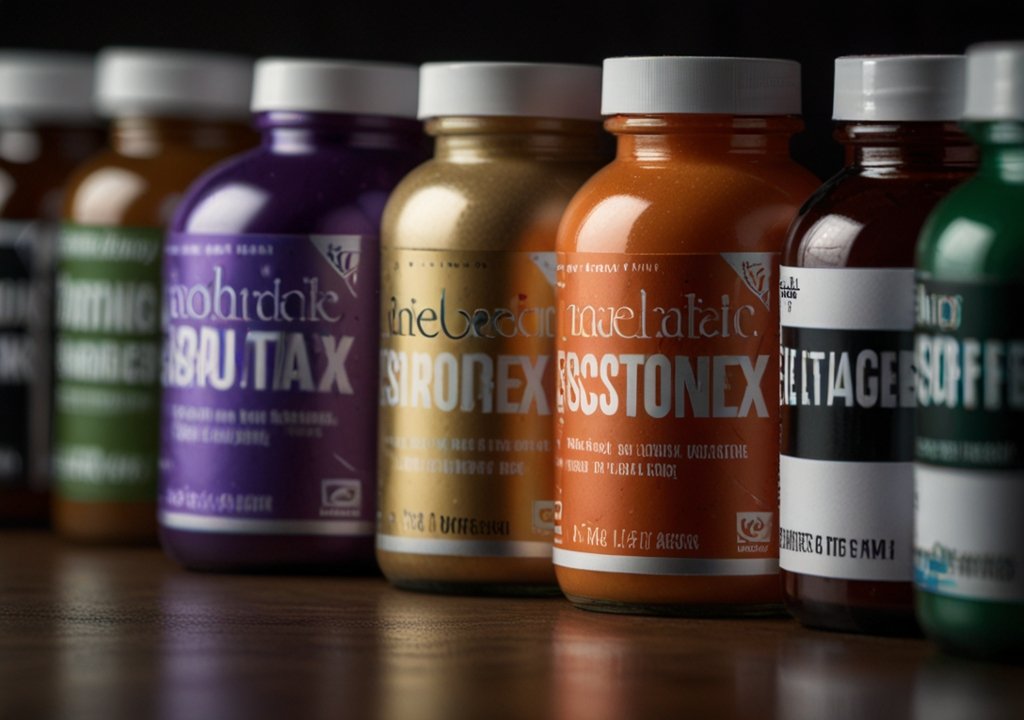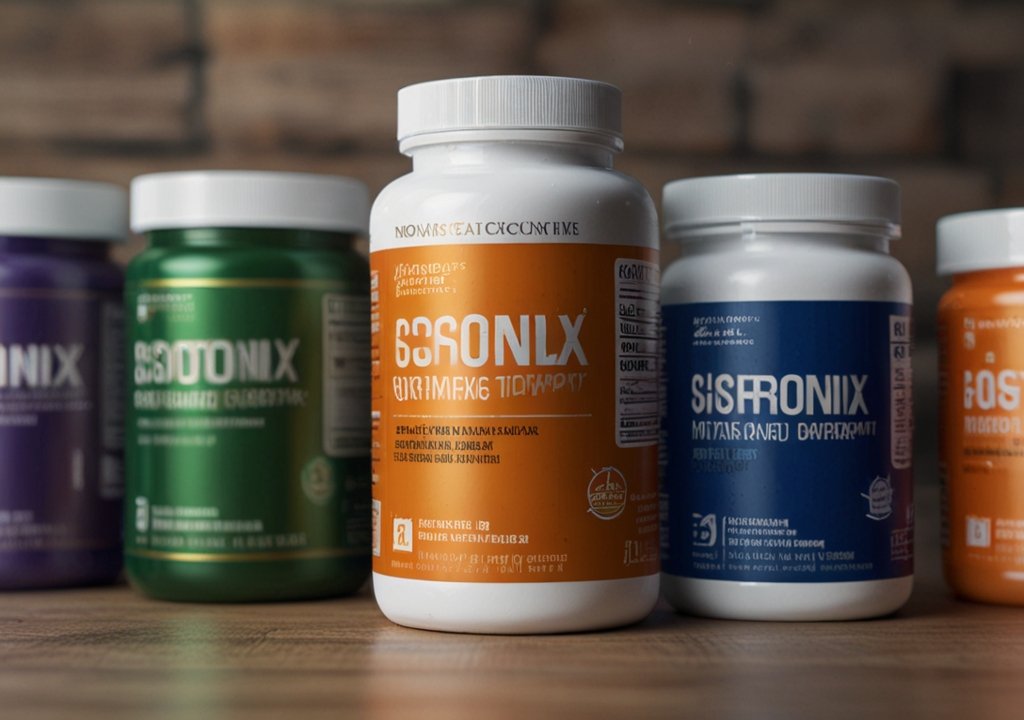Recent allegations and legal challenges have raised questions about Market America and their well-known dietary supplement line, Isotonix. With an FDA warning in 2020 and a lawsuit in 2017, these developments have created significant concern among distributors, consumers, and investors. This article explores the Isotonix lawsuit and regulatory issues, offering a detailed and balanced overview to help individuals gain clarity on this matter.
Understanding Market America and Isotonix
Market America is a multi-level marketing (MLM) company founded in 1992. It primarily operates as a product brokerage and internet marketing business. The company sells a wide range of products through its independent distributors, often referred to as “UnFranchise Owners.” One of its flagship product lines is Isotonix, a range of dietary supplements that claim to deliver enhanced nutrient absorption due to their isotonic delivery system. Popular products in this lineup include OPC-3, Multivitamins, and Activated B-Complex, among others.
Market America’s unique selling point hinges on its claim that Isotonix supplements provide superior bioavailability compared to traditional capsules and pills. However, bold claims have drawn scrutiny over compliance with FDA regulations and promises made to distributors.
FDA Warning Letter (2020)
FDA Findings on Misbranding
In July 2020, the FDA issued a warning letter to Market America concerning the misbranding of several Isotonix products. The FDA identified significant issues related to labeling requirements for dietary supplements under the Federal Food, Drug, and Cosmetic Act (FDCA). Products flagged in the warning include:
- Isotonix OPC-3
- Isotonix Multivitamin
- Isotonix Multivitamin with Iron
- Isotonix Activated B-Complex
- Heart Health Essential Omega III
These products were found to have incorrect or incomplete labels. For instance, the serving size listed for Isotonix OPC-3 was deemed inaccurate. Additionally, other violations included failure to adhere to proper formatting for dietary supplement labels, a crucial regulatory requirement designed to ensure transparency for consumers.
Implications of the FDA Warning
The primary concern stemming from the FDA’s warning is consumer trust. Mislabeling dietary supplements may lead to misunderstandings about how these products should be consumed, creating safety and efficacy concerns. Market America was required to address these violations promptly to avoid further regulatory action, including product recalls or fines.
The 2017 Isotonix Lawsuit and Pyramid Scheme Allegations
Allegations of Racketeering
The 2017 lawsuit filed against Market America alleged the company operated as an illegal pyramid scheme under the guise of a legitimate MLM model. Two distributors claimed Market America’s practices violated California state law and the federal Racketeer Influenced and Corrupt Organizations Act (RICO).
The lawsuit asserted that distributors were sold unrealistic income dreams. Although Market America promised earnings exceeding $560,000 through their compensation structure, the lawsuit revealed that only top-tier participants saw such high returns. The majority of distributors reportedly struggled to even make back their initial investment.
Key Claims in the Case
The lawsuit described several key issues:
- Income Misrepresentation
Distributors were enticed with promises of significant earnings, while evidence suggested income disparities and high failure rates across lower levels of the network.
- Mandatory Purchases
Distributors were incentivized to continuously buy products to stay active in the compensation program, leading critics to allege that earnings relied more on recruitment than retail sales.
- RICO Violations
The lawsuit accused Market America of “racketeering” actions to deceive distributors into joining an unsustainable business model.
The case illuminated ongoing debates about distinguishing between legal MLM operations and illegal pyramid schemes.
Legal and Regulatory Consequences
The legal challenges surrounding Market America have had rippling effects across its ecosystem. For the company, regulatory scrutiny raises the risk of additional penalties and damage to its reputation. For distributors, controversies over income disparities and compliance issues create challenges in recruiting and retaining teams. Lastly, consumers undoubtedly grow more skeptical of product claims, threatening long-term sales.
Market America’s Business Practices Under the Microscope

Legal MLM vs. Pyramid Schemes
MLM businesses like Market America are often scrutinized to ensure compliance with direct-selling laws. A legitimate MLM generates revenue primarily through product sales, while an illegal pyramid scheme relies mainly on recruitment fees. Market America has vehemently denied operating as a pyramid scheme, yet the Isotonix lawsuit has amplified questions about transparency and fair opportunities within its business model.
Isotonix’s Health Claims and FDA Compliance
The claims of enhanced nutrient absorption through the Isotonix supplements have faced challenges due to insufficient scientific evidence made available by the company. While the isotonic delivery method is intriguing, regulatory compliance is essential to building credibility.
Expert Insights on MLM and Legal Risks
Legal experts emphasize the complexity of proving pyramid scheme allegations in court. Spencer Reese, an attorney specializing in MLM law, explains, “The distinction between legitimate MLMs and pyramid schemes often comes down to the proportion of income derived from product sales versus recruitment.”
Furthermore, regulatory challenges from agencies like the FDA can significantly impact MLM businesses. Addressing these issues proactively is essential to maintaining consumer trust and industry reputation.
How Consumers and Distributors Can Protect Themselves
Evaluate the Opportunity
Before joining any MLM program, potential distributors should ask:
- How much revenue is generated from actual product sales versus recruitment?
- Are income disclaimers clearly outlined?
- What is the earning potential based on average distributor data, not just top earners?
Beware of Red Flags
Red flags may include:
- Mandatory large purchases to stay “active.”
- Programs with unrealistic income claims.
- Excessive focus on recruitment rather than product quality.
Report Potential Scams
Consumers and distributors can report MLM complaints to the Federal Trade Commission (FTC) or consumer protection agencies like the Better Business Bureau (BBB).
What to Take Away About the Isotonix Lawsuit
The Isotonix lawsuit and FDA warning highlight significant challenges surrounding compliance, transparency, and ethical business practices within Market America. While the company disputes pyramid scheme allegations and addresses regulatory issues, these events stress the importance of due diligence for both potential distributors and consumers.
Anyone considering involvement with Market America or similar MLMs should carefully evaluate business models, product claims, and overall financial risks.
Conclusion
The controversies surrounding Market America serve as a stark reminder of the complexities and risks associated with multi-level marketing companies. While some individuals may find success within these models, it is essential to approach them with caution and conduct thorough research. Understanding the company’s legal history, analyzing income disclosure statements, and scrutinizing the sustainability of its business practices are crucial steps. Ultimately, informed decisions can help protect individuals from potential financial and ethical pitfalls, ensuring a more secure and transparent path forward.
YOU MAY ALSO LIKE
What An Attorney For Workers Comp Can Really Do For You
FAQs
1. What is the Isotonix lawsuit about?
The 2017 lawsuit accused Market America of running an illegal pyramid scheme, violating RICO regulations, and misrepresenting distributor income potential.
2. Why did the FDA issue a warning to Market America?
The FDA cited Market America for misbranding dietary supplements like Isotonix OPC-3 and Multivitamin due to labeling violations in 2020.
3. Are Isotonix products safe to use?
While no major safety concerns have been reported, regulatory issues surrounding misbranding highlight the need for transparency regarding product usage.
4. What’s the difference between an MLM and a pyramid scheme?
An MLM primarily earns revenue through direct product sales, whereas a pyramid scheme relies on recruitment fees from new participants.
5. How can I report an illegitimate MLM?
You can file a complaint with the Federal Trade Commission (FTC) or your local consumer protection agency.










